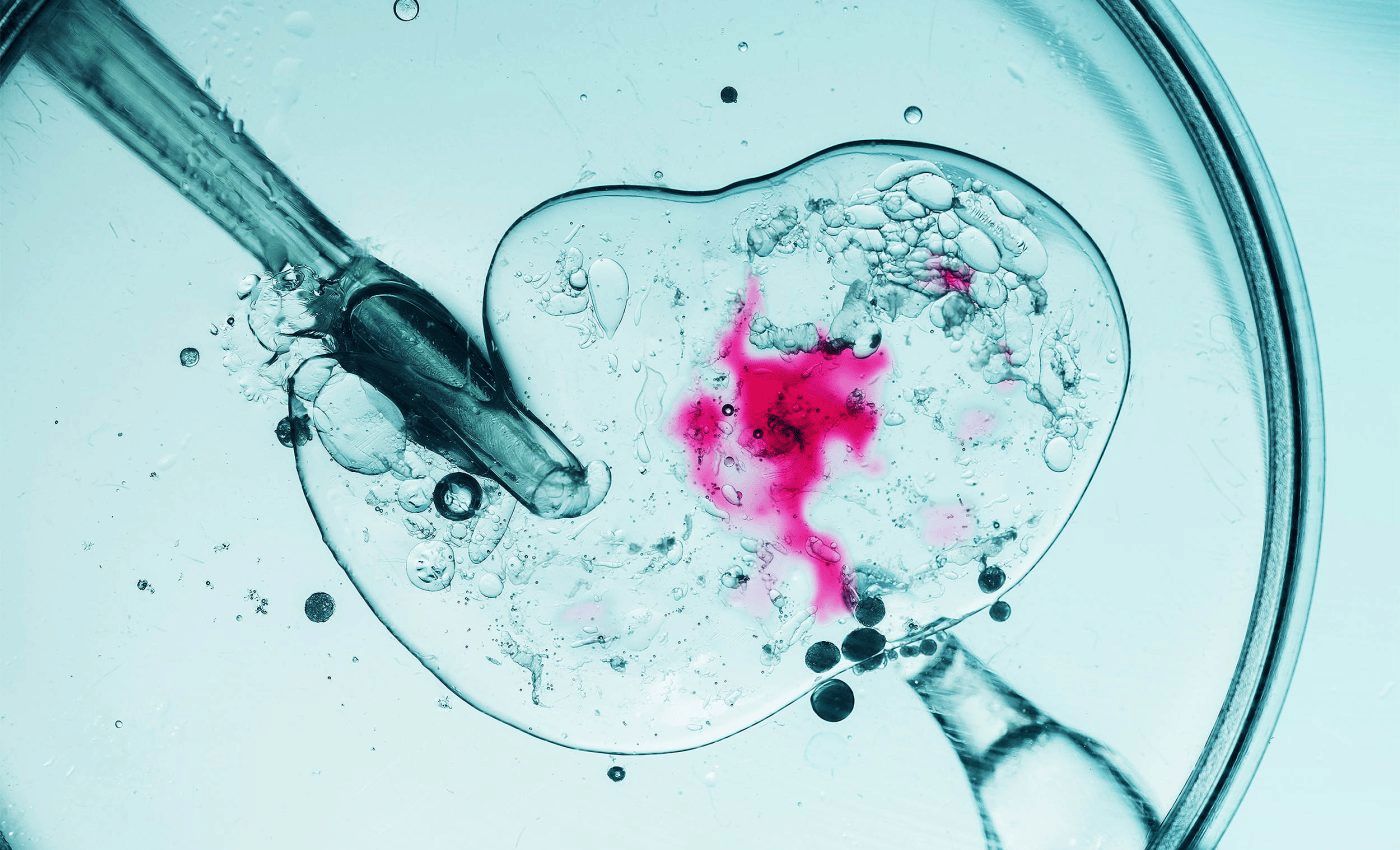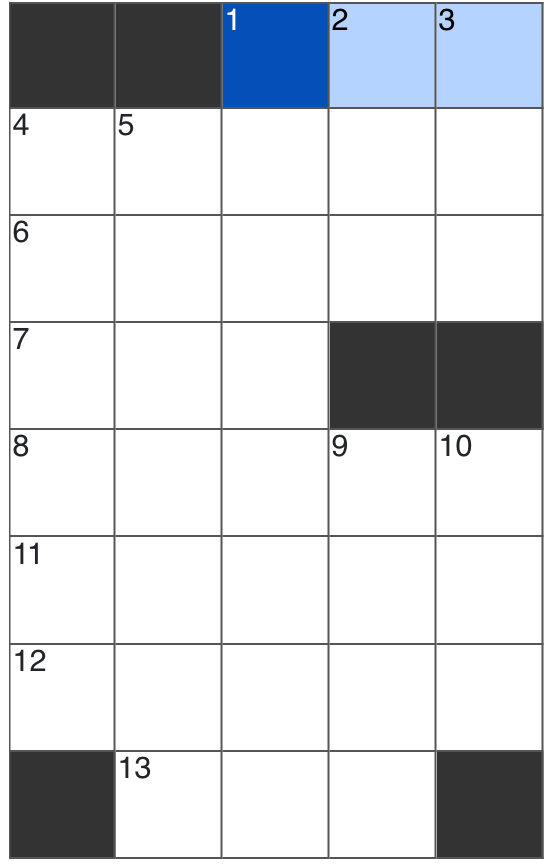- Postcall
- Posts
- 🩺 Menopause and MS: not the link you think
🩺 Menopause and MS: not the link you think
PLUS: cannabis pain trial, childhood imaging risks, Nobel insights.

Good morning!
It’s been a while, but Postcall hasn’t gone anywhere. We’re consolidating to our Canadian site, and still serving the stories physicians care about — medical studies, health news, investing, lifestyle, memes, and more.
To keep getting Postcall, sign up here: postcall.ca
Today’s issue takes 5 minutes to read. Only got one? Here’s what to know:
Menopause not tied to MS progression in 987 women
Cannabis extract eases chronic back pain, no dependence
Imaging radiation slightly raises childhood hematologic cancer risk
Scientists create human eggs from skin cells, IVF shift
Nobel Prize: immune tolerance discoveries shaping new treatments
Let’s get into it.
Staying #Up2Date 🚨
1: Menopause Brings Changes — But Not in MS
In this longitudinal cohort study, researchers followed 987 women with MS to see whether menopause played a role in disease course. It didn’t: risk of disability progression stayed flat (HR 0.95; 95% CI, 0.70–1.29; P = .70), and odds of transitioning to secondary progressive MS didn’t budge either (HR 1.00; 95% CI, 0.60–1.67; P = 1.00). Menopause may bring shifts, but MS progression isn’t one of them, according to the study.
2: Cannabis Extract Shows Sustained Efficacy for Chronic Low Back Pain
A phase-3 RCT tested VER-01, a full-spectrum cannabis sativa extract, in adults with chronic low back pain. Compared with placebo, VER-01 eased pain intensity and neuropathic symptoms in the short term (12 weeks) and long term (12 months). It was well tolerated and showed no signs of dependence or withdrawal — a notable advance in cannabis-based pain management.
3: Radiation Adds Up: Medical Imaging and Childhood Cancer Risk
In a retrospective cohort study of more than 3 million children followed for 10 years, exposure to radiation from medical imaging was linked to a slightly higher risk of hematologic cancer. Risk increased with cumulative dose, and 10.1% (95% CI, 5.8–14.2) of cases may be attributable to imaging — with CT scans carrying the greatest risk. For pediatric care, every scan carries weight.
Skin-Credible Breakthrough 🥚
Scientists are offering a fresh twist on turning back the biological clock
What happened: Researchers created human eggs from skin cells, transforming IVF treatment and potentially giving couples another option when trying to conceive.
Why it matters: For many couples, having children means the beginning of their family. But not all couples can conceive naturally. So, they spend thousands of dollars on IVF in hopes they’ll be one of the about 10,000 cases who go from retrieval to conception each year. The stakes are higher for some, especially for women who face age-related or illness-related infertility, and same-sex couples, as IVF is their only option for a biologically related child.
That’s where this new research comes in. By creating human eggs from skin cells, scientists are exploring a way to expand reproductive options and potentially overcome some of the limits of traditional IVF. The approach builds on research from the 1990s at Scotland’s Roslin Institute, which famously cloned Dolly the sheep. Thirty years later, scientists in Oregon are adapting the technique for humans: they collected skin cells from women, removed the nuclei, which hold 46 chromosomes and roughly 20,000 genes, and inserted them into healthy donor eggs stripped of their own nuclei.

But: It turns out that creating human life is trickier than cloning sheep. Healthy human eggs have 23 chromosomes, with the other 23 provided by sperm during fertilization to form a complete set in the embryo. In the lab-grown eggs, the chromosomes separated and paired up randomly, resulting in incorrect combinations.
To fix this, the team treated the fertilized eggs with roscovitine. This helped the eggs push about half of their chromosomes into a tiny “discard” cell (aka a polar body), leaving the rest to pair correctly with the sperm’s chromosomes.
The lab created 82 eggs, but fewer than 10% developed successfully when transferred as IVF embryos. The head researcher expects more challenges ahead and says perfecting the technique while ensuring safety could take a decade or more.
Bottom line: While the possibility of creating life from cells is no longer skin-deep, the process is anything but simple. It might take some time before women swap egg retrievals for something more surface level and Postcall will be sure to keep lookout for any new updates.
Hot Off The Press

1: 🧬 3 scientists won the 2025 Nobel Prize in Medicine for showing how the immune system stops attacking the body’s own cells. Their work on regulatory T cells revealed a key pathway called peripheral immune tolerance, helping explain why some people develop autoimmune diseases like Type 1 diabetes, lupus, and rheumatoid arthritis. Their work is already guiding research on new treatments, organ transplants, and cancer therapy — a step toward fine-tuning, not just suppressing, the immune system.
2: 📈 Figma’s stock jumped 7% Monday after OpenAI’s DevDay, the company’s annual showcase for new AI tools. Sam Altman showed off features like pulling Figma straight into ChatGPT — part of his push to make the bot more of a platform. This follows OpenAI’s recently launched shopping feature that lets you buy from Etsy (and soon Shopify) right inside the chatbot. A tempting shortcut when ChatGPT can answer questions, draft emails, and handle checkout without ever opening Amazon or Google.
Notable Numbers 🔢

3¢: The price hike, per cup, Tim Hortons’s passing on to you. It's the chain's first coffee increase in 3 years, which they’re saying is "more than reasonable" given the bean market's caffeine-fuelled chaos brewed by tariffs and South American weather.
$1.66M: the hospital costs Toronto saved after moving 48 “frequent flyers” from ERs into supportive housing at Dunn House. This translates to: 52% fewer ER visits, 79% shorter hospital stays, and healthier residents. It’s a rare win where better care comes with a smaller bill, and advocates are calling to repeat the model elsewhere.
$30,000: The highest fee charged to hire a professional consultant just to pick your baby's name. This ultimate luxury service is for the uber-wealthy and celebrities who treat finding the perfect name like choosing a designer kitchen backsplash.
Postcall Picks ✅
📖 Read: how WWII turned Hershey and Mars into Halloween legends. From ration bars to M&M, this story shows how war shaped your candy obsession.
💡 Discover: A JAMA Network Open study finds that ambient AI scribes can cut clinician burnout and paperwork.
🎧 Listen: to a deep dive from The Canadian Investor that gives you 50 ways to invest in the AI revolution. It goes beyond the obvious giants like Nvidia to cover surprising winners.
🤑Save: on the running shoe podiatrists swear by with this article by Travel and Leisure!
🎃 Try: any one of these quick and fun costumes for the children in your life this Halloween!
Relax
First clue: Lid ___ AKA Graves' ophthalmopathy
Need a rematch? We’ve got you covered. Check out our Crossword Archive to find every puzzle we’ve ever made, all in one place.
Think you crushed it? Challenge your physician friends to beat your time.
Meme of the Week

Share Postcall, Get Rewards
Help Us Get Better
🚶
That’s all for this issue.
Cheers,
The Postcall team.

